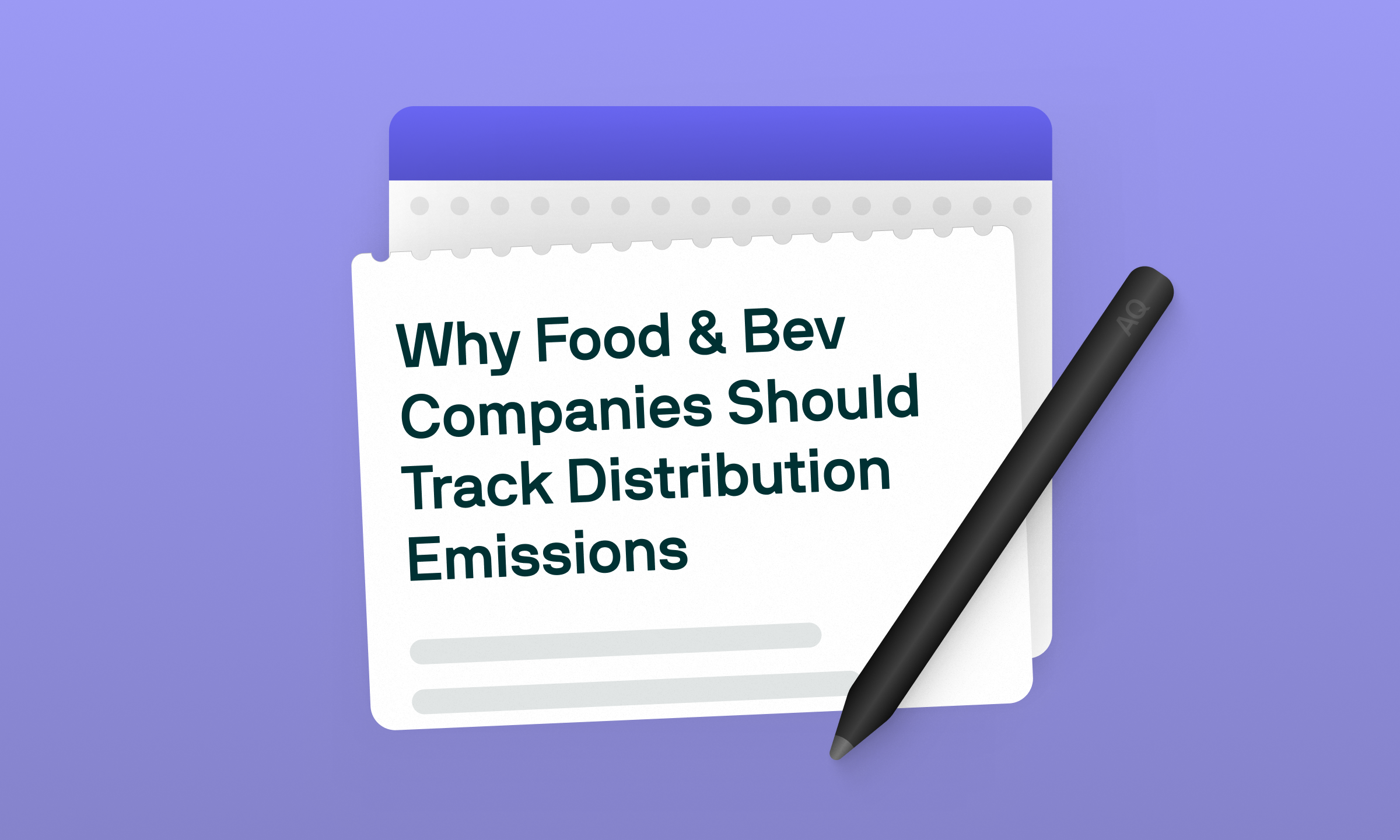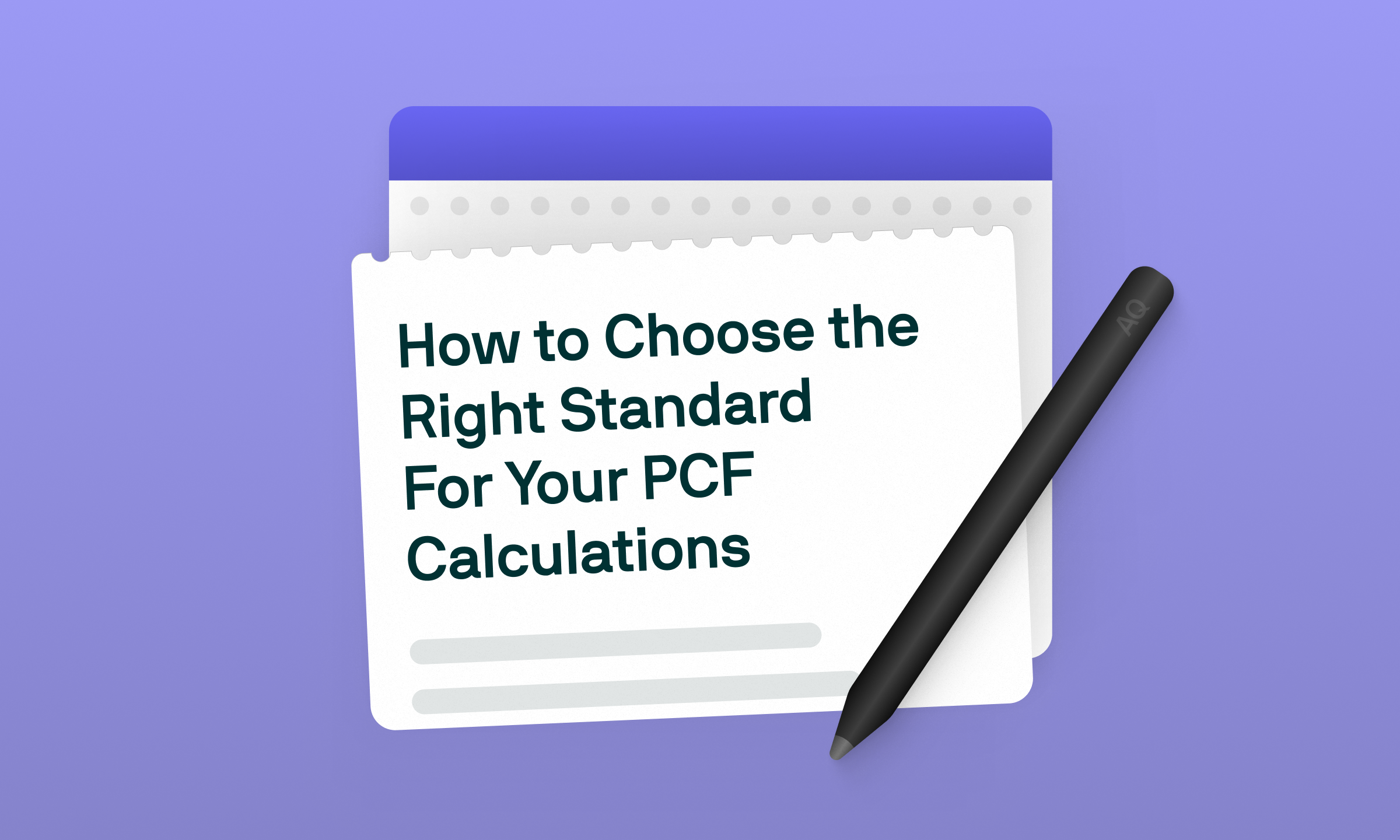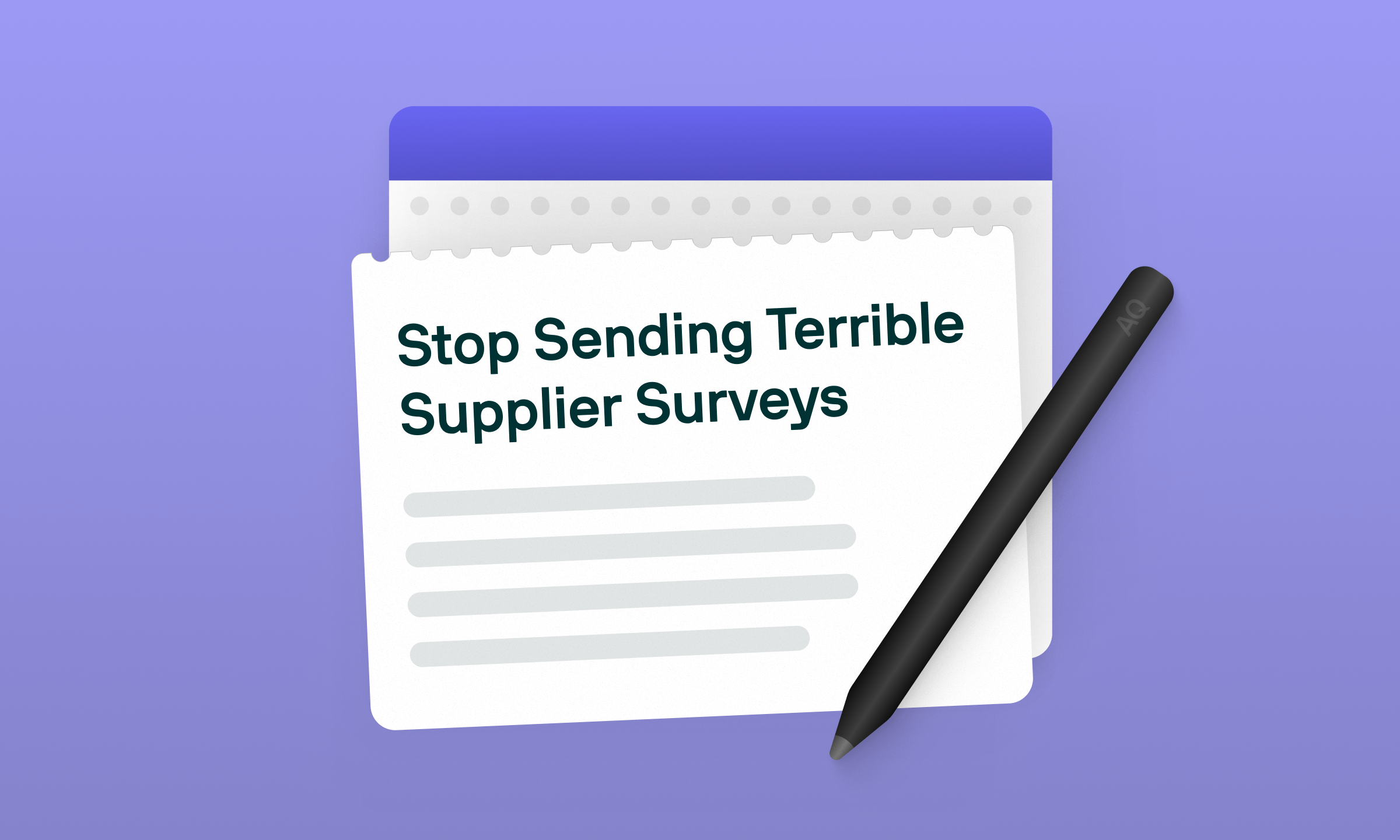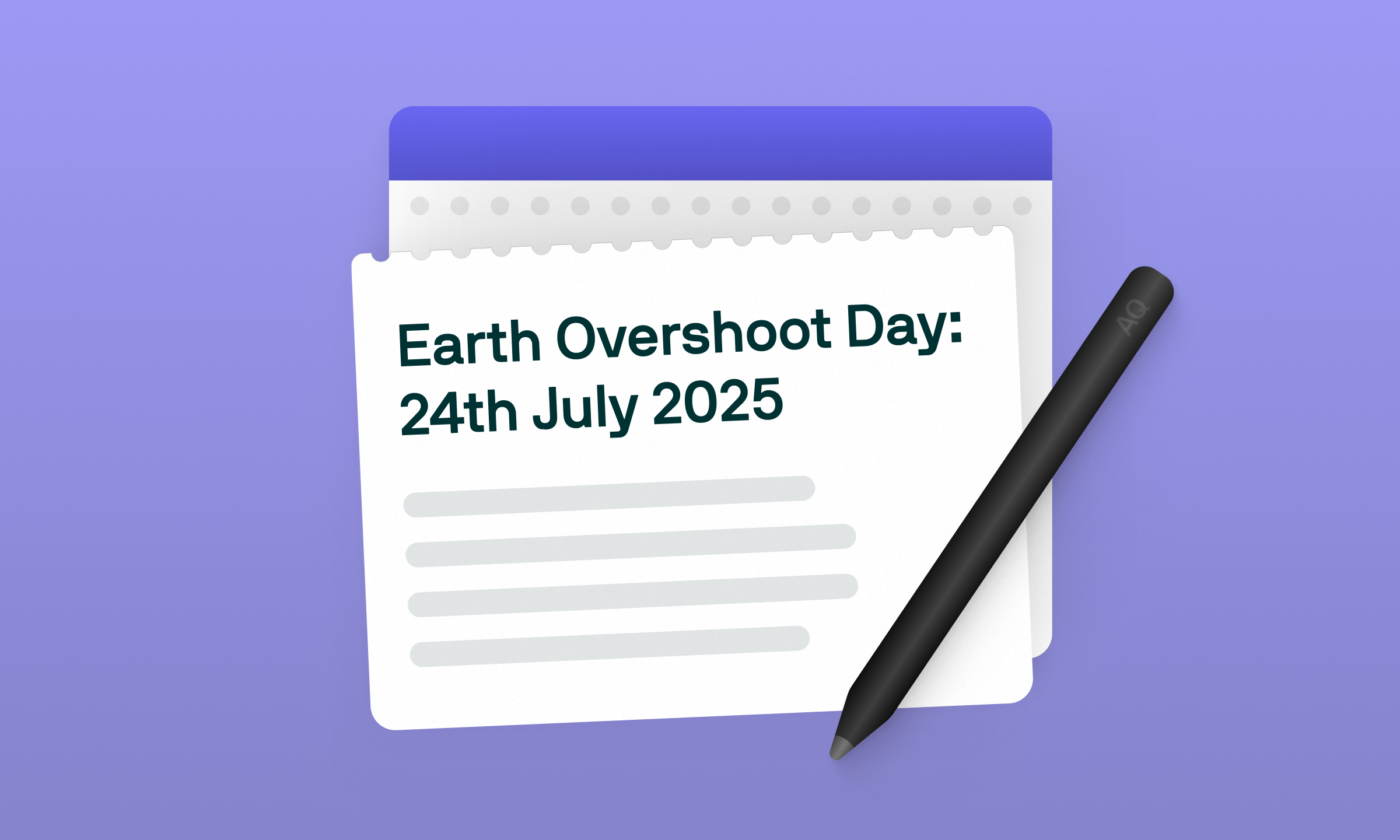EU Omnibus: Navigating the New Sustainability Landscape

What you'll learn



🚨🚨🚨 Latest Update: 03 April 2025
The European Union has approved the ‘stop-the-clock’ Directive, part of the EU Omnibus Simplification Package to simplify sustainability reporting. Following the 1 April ‘fast-tracking’, today’s vote confirmed the proposal.
What does that mean?
1. CSRD Extended Timelines
Wave 2 Companies
Large companies that have not yet begun reporting under CSRD will now start in 2028 (on 2027 data), a two-year delay from the original 2026 (on 2025 data) schedule.
Wave 3 Companies
Listed SMEs will begin reporting in 2029 (on 2028 data) instead of 2027 (on 2026 data).
2. CSDDD Adjustments
For the largest firms, the transposition deadline and application of phase 1 is delayed by 1 year and now applies from 2028.
What comes next?
The European Council now needs to give formal approval. The EU Parliament and Council need to finalise the agreement and publish it in the Official Journal for it to enter into force.
Over the next two years, we can expect changes to the CSRD (Level 1 changes), to the ESRS (Level 2 changes), and new Voluntary Standards for ‘Small mid-caps’ companies (those with less than 1,000 employees).
Introduction
Last Wednesday, 26th February 2025, the European Commission finalised a legislative proposal to reduce regulatory burdens through significant simplifications to sustainability reporting requirements. This "Omnibus" regulation aims to streamline CSRD, CSDD and EU Taxonomy into a single framework—but what does this mean for your sustainability strategy?
You're probably hearing 'EU Omnibus' mentioned in every sustainability conversation these days—and for good reason. The EU Omnibus is introducing hefty changes to reporting requirements. Here's our take on navigating the upcoming shifts (spoiler: there's reason to remain optimistic).
First, the EU Omnibus Simplification Package has been published as an official legislative proposal, marking just the beginning of the process. Before becoming fully effective, it must undergo a complex negotiation and discussion process between various EU institutions.
And now, onto the gloomy stuff.
CSRD: Reporting Scope Narrows Significantly
Timeline Adjustments: Wave 1 (2025) and non-EU entities (2029) remain unchanged. However, Wave 2 and 3 reporters (2026/2027) may see a two-year postponement—giving many businesses additional time to prepare.
Qualification Criteria: The "large entity" definition has shifted dramatically from 250+ to 1,000+ employees, potentially reducing in-scope companies by 80%. For non-EU groups, the EU turnover threshold has tripled to €450 million.
Double Materiality: The proposal maintains the double materiality perspective as a cornerstone of EU sustainability reporting—reinforcing that impact still matters.
ESRS: No More Sector-Specific Standards
The Commission aims to reduce data points by approximately 25% for larger companies and 35% for smaller ones. Perhaps most notably, sector-specific standards have been removed entirely from CSRD.
Companies outside the new scope can adopt a voluntary standard based on the SME framework developed by EFRAG.
Value Chain: Information Request Limitations
The voluntary standard will cap information that CSRD companies can request from value chain partners with fewer than 1,000 employees—potentially simplifying supplier engagement.
CSDDD: Narrower Due Diligence
The first application is postponed to July 2028. Due diligence obligations are limited to direct business partners only, substantially narrowing responsibility. The obligation to terminate relationships in cases of severe adverse impacts has been removed.
Taxonomy & CBAM: Threshold Adjustments
EU Taxonomy: Reporting would become voluntary for certain entities based on turnover thresholds.
CBAM: A new 50-tonne threshold would exempt approximately 90% of importers whilst still covering 99% of emissions.
Why We Remain Optimistic
While many might view these changes with concern, some of these changes are actually positive.
1. Streamlining Creates Clarity
Merging CSRD, CSDD and EU Taxonomy addresses the confusion and overlaps that have challenged businesses since the beginning. More streamlined, simplified reporting requirements benefit everyone—provided we maintain the momentum and pace of positive change.
2. Impact-Focused Companies Will Continue Leading
The most impactful mid-sized companies that are no longer required to report will likely continue reporting regardless of legal requirements. Market forces—including investor scrutiny, customer expectations and competitive differentiation—will drive voluntary disclosures and sustainability leadership. High-emissions businesses will still face pressure to measure, report and reduce their environmental impact.
3. Quality Over Quantity Drives Real Change
Focused requirements could actually enhance disclosure quality rather than diminish it. By concentrating on fewer, more material initiatives, businesses can channel resources toward meaningful actions instead of spreading efforts too thinly across numerous reporting obligations.
The Bottom Line
As mentioned above, these proposals require approval from both the EU Parliament and Council before becoming law. Our recommendations:
- Don't pause your current compliance plans. Continue preparing for existing requirements whilst monitoring these developments.
- Focus on impact. Use this potential simplification as an opportunity to concentrate efforts on your most material sustainability issues.
- Maintain data momentum. Regardless of reporting requirements, quality sustainability data remains essential for strategic decision-making.
- Consider voluntary disclosure. Even if you fall outside the new scope, voluntary reporting can demonstrate leadership and meet stakeholder expectations.


.svg.webp)






.png)



